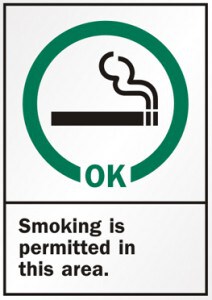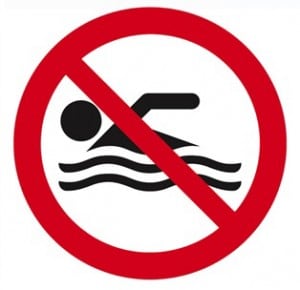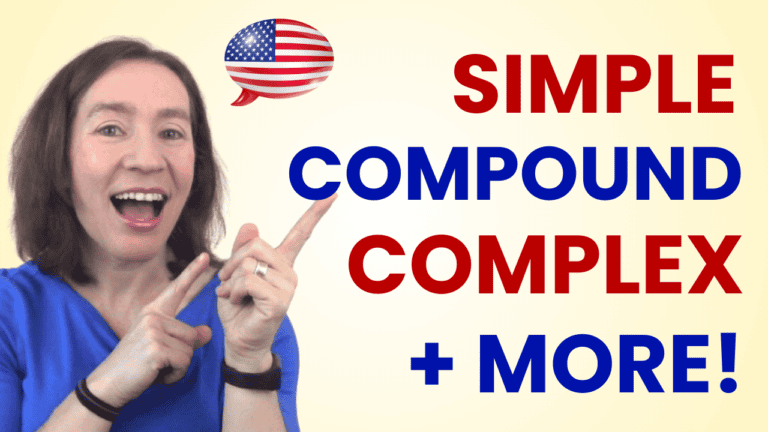Permission = It’s OK

English words used for permission:
- can
- allowed
- may
- permitted
What’s the difference?
The word “to” is used after allowed and permitted, but not after can or may.
- You’re allowed to smoke in here.
- You can to smoke in here.
- You can smoke in here.
Can is more informal, may and permitted are more formal, and allowed is both formal and informal.
For the past and future of “can,” you can use could / was allowed (in the past) and will be allowed (in the future):
- When I was a kid, I was allowed to stay up until 11 PM on Friday nights.
- We‘ll be allowed to check two suitcases on the flight.
Obligation = It’s necessary

English words used for obligation:
- have to
- need to
- must
- required
What’s the difference?
Must and required are more formal than have to and need to.
Don’t use “to” after “must.”
Supposed to / Not supposed to
You can use these words for “light” requirements and prohibitions – for example, rules that are often not followed.
- We’re supposed to arrive on time, but it’s OK if we’re a little late. Our boss is pretty relaxed.
- The employees aren’t supposed to eat lunch at their desks, but a lot of them do so anyway.
Learn more: SUPPOSE vs. SUPPOSED TO
Prohibition = It’s not OK

English words used for prohibition:
- can’t
- mustn’t
- not allowed
- not permitted
What’s the difference?
Can’t is more informal, mustn’t and not permitted are more formal, and not allowed is both formal and informal.
Don’t use “to” after “mustn’t.”
Pronunciation
The first “t” in “mustn’t” is silent!
No obligation = It’s not necessary

English words used for no obligation:
- don’t have to
- don’t need to
- not necessary
- not required
- optional
What’s the difference?
Don’t have to and don’t need to are more informal. Not necessary, not required, and optional are more formal.










